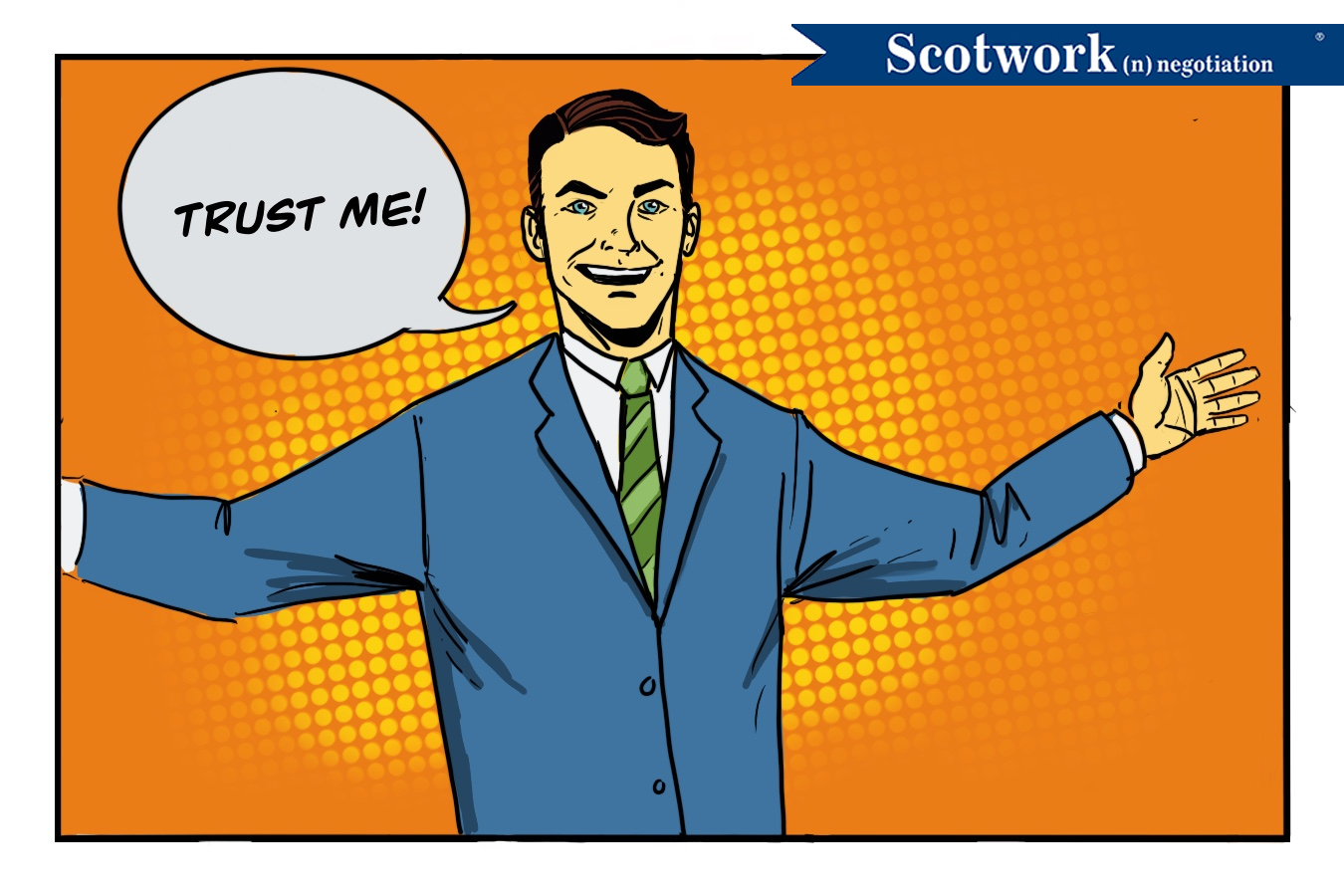It’s often been said that nice guys finish last. In the world of dealmaking, this may or may not be true. While being kind and winsome at the negotiating table can serve to build rapport, cultivate trust, and create a collaborative environment — all essential ingredients for success — these EQ traits have to be rooted in ethics.
On a recent trip to Chicago with my wife, we encountered a super-nice guy who was our driver procured via a local rideshare app. My wife is much more friendly in these social settings than I am. Being from the big city, I tend to be more guarded and suspect. She was chatting it up with the driver, exchanging a few words that she knew from his native country, talking about food and culture and every other nicety.
I, on the other hand, was tracking our destination and route from my phone, which did not align with the route our “friendly” driver was taking — nor the route his app was suggesting. It was 11:30 pm. We were on an airport run to our hotel, which was only a 15-minute drive . . . and we are 15 minutes into the journey, with 15 minutes still to go, given his convoluted route. So, yeah, I wasn’t buying it. What the driver failed to discover, and my wife thankfully did not disclose, was that I grew up in Chicago and our trip to the Windy City was a homecoming for me.
Now it was my turn to enter the conversation with lots of questions — open ended, investigative, and maybe a little interrogative. Where . . .? What . . .? Why . . .? When . . .? My wife was a little put off, but our driver was a little put on (the spot), as I kindly informed him that I grew up here and this is not the way to the hotel. He quickly defended his position and apologized, allowing me to plot a new path while giving him turn-by-turn shortcuts to our destination as the chattiness resumed with my wife, who was clearly trying to gloss over my curt behavior. We exited the rideshare with pleasantries and well-wishes. But it did not change the fact that our bill was twice what it should’ve been. My wife, still unaware of that reality, exclaimed, “He was so nice!” To which I retorted, “Yeah, but he was ripping us off.”
Negotiation behavior is not a binary choice. We’re not forced to either be collaborative (but clueless) or competitive (but heartless). Trust and truth run on parallel tracks. We conduct ourselves in such a way as to cultivate trust in order for truthful information to be exchanged. As soon as one party deviates from the truth, trust is diminished. But it’s amazing how someone’s friendly style can cause us to believe them and never verify what’s being said or done to us. We need to clarify and summarize as we go; give our counterpart an opportunity to correct, amend, and clarify what they say or do in case it was just an honest mistake; and allow them to save face in the event that it was a dishonest tactic.
Some negotiations are deal-dependent (they have to get the deal) and others are relationship-dependent (they have to keep the relationship). Cultivating trust and verifying truth allow you to preserve both the deal and the relationship, making it possible for nice guys to finish first.
Let Us Help You Finish First
Is a lack of trust at the negotiating table chipping away at your most vital deals and relationships? We can help! Drawing on 45 years of real-world negotiating experience, we’ll assist you with getting better deals, saving time, and creating value for all involved — not to mention preserving and even strengthening relationships. Let us partner you with one of our advisers, ensuring that you’ve got the broadest view of your deal.

